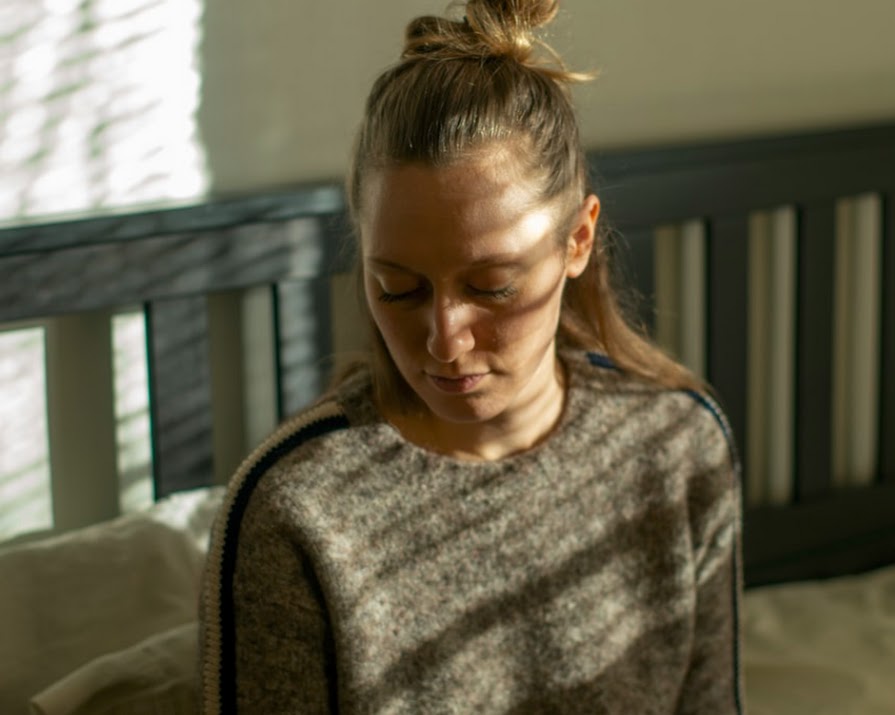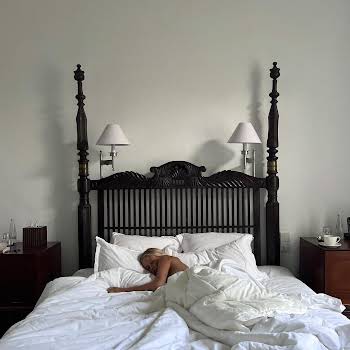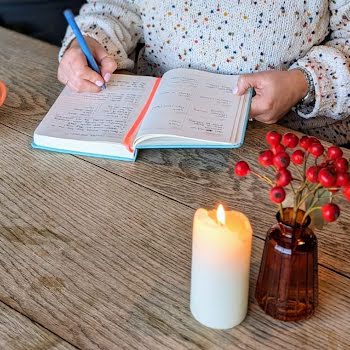
Symptoms of depression no one talks about: ‘Complete mental exhaustion from fighting your brain constantly’
By Amanda Cassidy
12th Sep 2020
12th Sep 2020
The inability to enjoy any moment of happiness knowing that it may disappear overnight — that’s just one of the hundreds of thousands of responses to a tweet about depression that went viral this week. Amanda Cassidy reports.
Emily describes herself as a 19-year-old autistic student, mental health activist, and autism advocate. She’s struggled with her mental health since the age of 13. “In that time I’ve collected a bunch of diagnoses which I am trying to no longer allow to define me,” she explains.
This week Emily tweeted about some of the symptoms of depression that no one talks enough about and kickstarted a viral and vital thread that has been liked by over 300,000 people online to date.
Depression and anxiety touch far too many lives. But the relatability of Emily’s thread was because it touched on the symptoms of depression that are not listed in the health centre pamphlets.
“Complete mental exhaustion from fighting your brain constantly,” tweeted Emily in the first of post of a thread that delved deep into the lesser-discussed impacts on the lives of those with depression.
“Dissociation — feeling like you’re moving through life but you aren’t really there. Things just happen around you but they don’t feel real.”
Burden
“Perhaps you are now living in the future you didn’t think would ever exist, and that makes everything feel unreal”
The third post in her thread is around the thoughts of living. “It takes a huge amount of physical energy and mental effort to get through each day, so just waking up in the morning and being faced with yet another day feels soul-destroying,” she wrote.
Emily, a student and writer who now campaigns for mental health, goes on to list things like shame and the inability to concentrate as part of the condition which affects 300 million people worldwide: “An overwhelming sense of shame. This may be from feeling judged by other people, from not being able to accomplish the things you normally can, from struggling with personal hygiene or from feeling like a failure.
“An inability to even think about your future, let alone plan for it. Perhaps you are now living in the future you didn’t think would ever exist, and that makes everything feel unreal.”
The response to Emily’s painfully honest revelations immediately blew up with thousands adding to her list of things about depression we don’t discuss enough.
“Feeling happy one day and then going home and feeling like a fraud and ending the night sobbing just wanting a distraction from your mind. Pure exhaustion and feeling drained by the mere thought of talking to people,” wrote one follower called Madeleine.
Self-loathing
Another, with the username Penelope Friday, shared her experience: “Sometimes feeling not sad, and okay, so thinking you can’t be depressed because you laughed at something last Tuesday and the trees look pretty today. This feeds into the feeling that you are just an awful person.”
In fact, the number of people who wrote about turning on themselves as a result of depression was what really jumps out.
“I am suffering this hard for a long time I didn’t even know it was due to depression, I just thought something was wrong with me,” writes another. “Not wanting to talk to your friends because you don’t want to burden them, they have their own problems so there is no sense in adding yours in as well,” Phillip adds.
“Also,” writes LeksiW, “you don’t expect your friends and family to truly understand – the energy it would take to explain it completely is non-existent. Also, they can’t help you. No one can.”
Clara points out that often you are afraid that drawing attention to yourself will be misunderstood. “Wishing someone would ask you if you are ok and simultaneously dreading someone doing just that. You don’t want to call attention to yourself. You think you’re just being a drama queen.”
Varied
It is a bleak read, but also an essential one if we are to understand the depths that depression and anxiety has seeped into our society.
“Please don’t use my appearance to judge my mental state”
According to the College of Psychiatrists of Ireland, it is also the breath of the condition that makes it harder to understand. “One of the key challenges in treating depression is the fact that the clinical picture varies greatly between individuals.
In its International classification of diseases, however, the WHO outlines a range of symptoms that are especially common features of depression.
These include a low mood, feeling down, a loss of enjoyment in activities that are usually pleasurable, reduced energy, marked tiredness after slight effort, reduced concentration, reduced self-confidence, ideas of unworthiness and guilt, bleak view of the future, ideas or acts of self-harm or suicide, disturbed sleep and reduced appetite.”
The WHO goes on to say that “the symptoms and signs depend on the person’s character, their life situation, any stresses triggering their depression, and various other factors”.
In other words, it is such a personal experience. And feeling like opening up will leave us vulnerable is what prevents many from speaking out. Emily also points out that not “looking” depressed is another red herring when it comes to seeking help.
Connections
“I’ve never understood why my clinical notes from mental health appointments say things like ‘well dressed’ or ‘wearing make-up’ — I could feel great and be wearing trackies and no make-up, or feel awful and be wearing make-up. Please don’t use my appearance to judge my mental state.”
Emily’s courage in addressing the true brutality depression brings has helped others not feel so alone. “Thank you, Emily,” wrote one follower. “I didn’t realise others felt these feelings too. I don’t feel like I’m going slowly mad here in my bedroom by myself. This gives me comfort.”
For anyone who wants to get help for the topics covered in this article, you can start here with the Samaritans
Read more: 6 ways to help Seasonal Affective Disorder (SAD) as the seasons change
Read more: Michelle Obama candidly opens up about her ‘low-grade depression’
Read more: Vicky Phelan has opened up about post-natal depression in new interview























